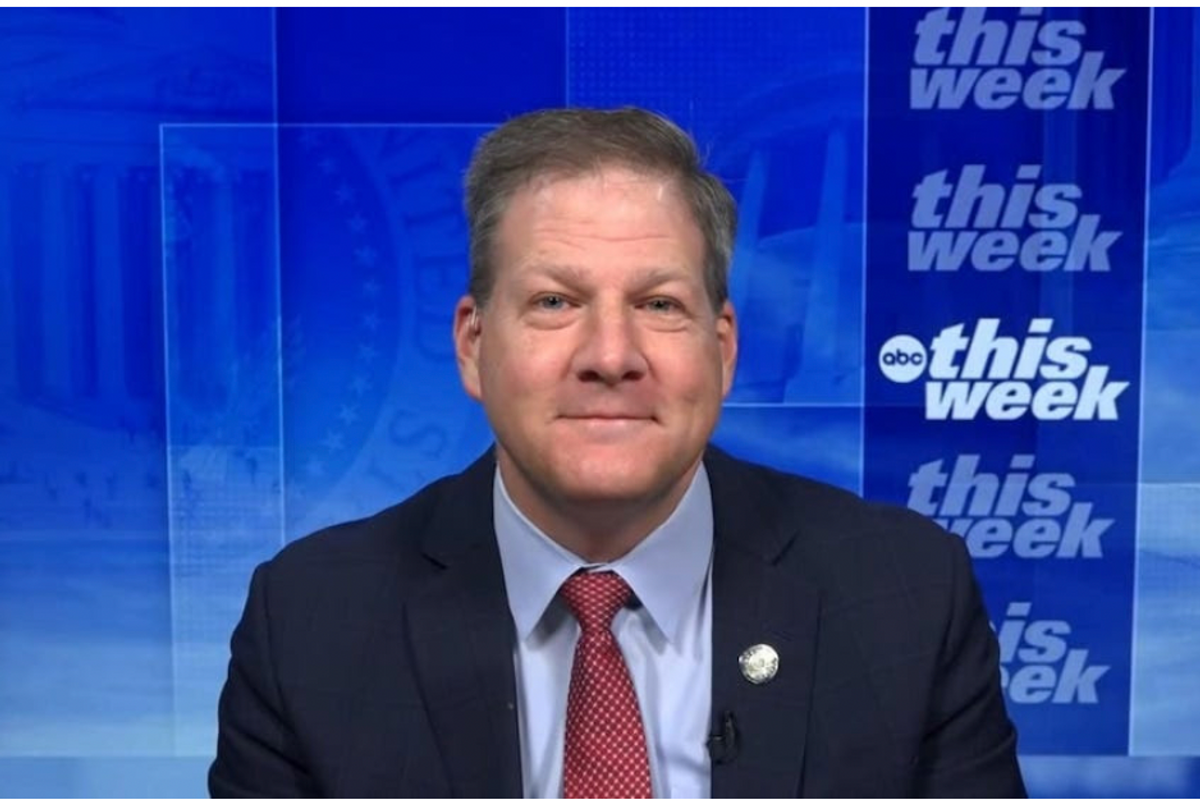
Texans don’t trust the federal government, and Texas politicians don’t like federal disaster relief. Until they do.
As floodwaters ravaged Central Texas, President Obama reached out to the state Tuesday afternoon to pledge the full cooperation and support of the federal government, exactly the kind of aid Texas has desperately needed and vocally rejected for so long.
Kriston Capps at Citylab has a comprehensive account of the Lone Star State’s tangled and troubled relationship with FEMA. As Capps notes, “Texas suffers more natural disasters than any state in the nation” and it “absorbs more federal disaster assistance funds than any other state.”
The state’s antipathy toward any kind of federal involvement reached comical heights in recent weeks, when residents of Bastrop County, Texas became convinced that a training exercise taking place near them was part of a federal plot to invade the state. Texas governor Greg Abbott caved in to the insanity when he ordered the Texas State Guard to monitor the wargames, and Ted Cruz (R-TX), senator from Texas and GOP presidential candidate, supported the move.
Unfortunately, this mentality has destructive consequences. As Capps writes:
FEMA plays a prominent role in this fever dream: Conspiracists fear that the agency means to erect prison camps. In fact, FEMA stands to play a prominent role in places like Bastrop, where county emergency officials performed multiple water rescues after the Bastrop State Park dam failed.
The tragedy unfolding in Texas highlights why it was so dangerous for Governor Abbott to flirt with extreme paranoia in the first place. By endorsing extremist skepticism of the federal government, even tacitly, the governor exacerbates unfounded fears of FEMA and other federal assistance providers. And at a time when the state cannot provide for adequate flood-control infrastructure—and cannot pass legislation to let cities lead the emergency housing response—the state of Texas cannot afford to promulgate widespread fears about FEMA.
Looking forward, it doesn’t seem like Texas’s knotty relationship with FEMA will get any better.
Under new FEMA rules, states seeking federal money for disaster preparedness will be required to summarize the future hazards facing them, and that includes acknowledging the “changes in weather patterns and climate” that pose a threat. For governors who, like Abbott, deny the science on climate change, this makes it difficult to adequately protect against natural disasters.
Other governors in a similar fix include Florida’s Rick Scott, who has banned all mention of climate change, and Louisiana’s Bobby Jindal, who called FEMA’s new policy an act of “coercion” that was forcing states to “submit to [Washington’s] liberal ideology.”
ViaCitylab
Photo: Volunteers Steven Moon, from left, Joseph Buswell and Garett Roy help remove a flattened house on the banks of the Blanco River after the flood in Wimberley, Texas, on Tuesday May 26, 2015. (Jay Janner/Austin American-Statesman/TNS)


